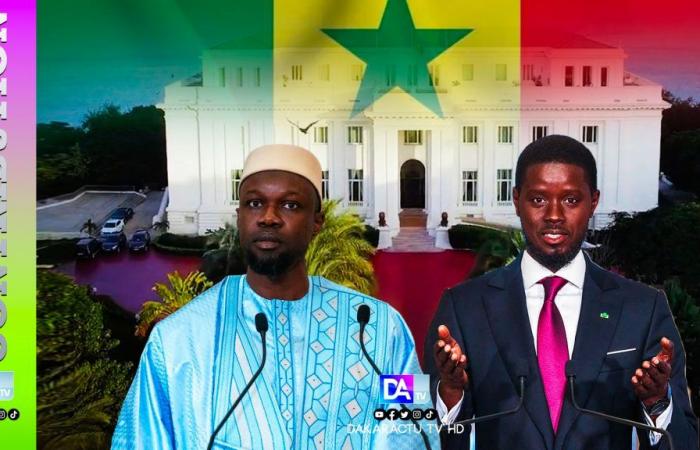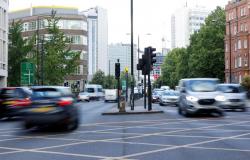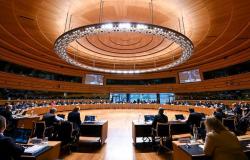For seven months, Senegal has changed its regime. With this change, a strong promise: that of a systemic rupture, an aspiration to profoundly transform the structures of the country. However, there are many issues at stake, and certain challenges, such as illegal immigration, unemployment and even social cohesion, remain unsolved. In this context, the role of Prime Minister requires more than ever leadership capable of bringing together and proposing inclusive solutions.
A Senegalese culture based on dialogue and conciliation
Senegal is a society deeply marked by a tradition of dialogue and conciliation. For centuries, our social structures have always favored the resolution of conflicts through mediation, rather than through judicial or punitive means. In our Penc (village assemblies), conflicts were resolved by words, under the authority of Imams and elders, figures of wisdom and respect. Even at the time of Muslim courts, many of our compatriots preferred to submit their disputes to the local Imam rather than to the Cadi. This is explained by the fact that the Imam, through his advice, sought to reconcile the parties without imposing a decision, where the Cadi, representative of a legal authority, rendered a verdict likely to create winners and losers. .
This tradition of peaceful dialogue is at the heart of our cultural DNA. The systematic recourse to judicial decisions in the political field, where one is judged guilty and the other innocent, is not in phase with this Senegalese identity. This is why the Prime Minister, as guarantor of national unity, must be the champion of this conciliation, a model in the search for solutions which, rather than dividing, bring together all the components of society.
Non-violent communication: an imperative for unifying leadership
As a leader, the Prime Minister must adopt non-violent communication, which constitutes an essential basis for peaceful governance. Senegal is a country where the words of leaders play a fundamental role. The use of a pedagogy of listening and dialogue is therefore a sine qua non condition for reassuring citizens, setting a course and taking them with it in carrying out reforms.
Nonviolent communication theorist Marshall Rosenberg teaches us that the way we communicate can defuse conflict situations, while strengthening understanding and cooperation. An approach inspired by mediation and active listening makes it possible to better understand the needs of the different parties and to avoid brutal or divisive reactions.
In the Senegalese context, the Prime Minister could draw inspiration from our religious figures, who have been able to unite around messages of hope and tolerance. These iconic figures have often adopted discourses of resilience and non-violence, even in times of great adversity, focusing on the long-term transformation of society, rather than seeking immediate victories through populist discourses. . Leadership that emphasizes inclusive and educational communication is the one that brings real long-term reforms.
The example of religious guides: a long-term strategy in a difficult context
The story of Senegalese religious guides offers valuable lessons on how to navigate contexts of high tension. During the era of colonization, Senegalese religious figures had to cohabit with a colonial authority which represented an oppressive force. They could have opted for a direct confrontation, arousing a feeling of rebellion among their supporters in the short term. However, these leaders chose another path: that of spiritual resilience and silent diplomacy.
They managed to build a peaceful resistance that transcended their time. This strategy made it possible to preserve the integrity of their message and pursue their long-term spiritual agenda, while avoiding the pitfalls of immediate and sterile confrontation.
This historical wisdom offers an important lesson for today’s political leaders. Impassioned and mobilizing speeches may appeal to an activist base in the short term, but they often undermine long-term actions by fragmenting society and creating deep divisions. This risk consists of dividing the people into two categories: the “good” and the “bad”, the “righteous” and the “bad”.
The Prime Minister, if he truly wants to be the unifying leader that Senegal needs, must avoid these pitfalls and choose the path of communication that brings people together, offers lasting solutions and creates true national unity.
Sincere patriotism in the service of the common good
If the Prime Minister’s objective is to build a new Senegal, he must demonstrate that his sincere patriotism does not consist of denouncing his opponents, but of offering solutions that include all Senegalese, regardless of their political or social affiliations. True patriotism is that which unites around a common project, taking care not to pit one part of the population against the other.
In conclusion, Senegal is going through a critical period, where the temptation of division and divisive discourse may seem attractive to certain segments of the population. However, it is up to the Prime Minister to demonstrate that the strength of unity and the pedagogy of inclusion are the only viable paths to lasting transformation. Senegalese citizens thirst for change, but also for stability and cohesion. The Prime Minister therefore has a unique opportunity to lead the way by drawing inspiration from the lessons of our history and our culture of dialogue, to build a common future, based on mutual respect and national unity.
Aboubakr Khalifa EXCLUSIVE






